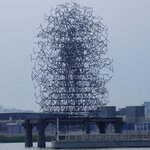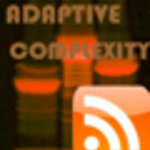
Via Nobel Intent: A man with the non-existent but increasingly believed-in electromagnetic sensitivity disorder is suing his neighbor to get her to shut off her wi-fi and stop using her cell phone.
Apparently, fluorescent lights and dimmer switches are bad for this guy too.
Unfortunately, this guy is going to need to shut off a lot more if he's really sensitive to electromagnetic radiation: TV signals, radio stations, and the sun:
To get you started on the literature on 'EMF sensitivity', check out this:
Conclusions: Our findings suggest that the adverse symptoms experienced by…



